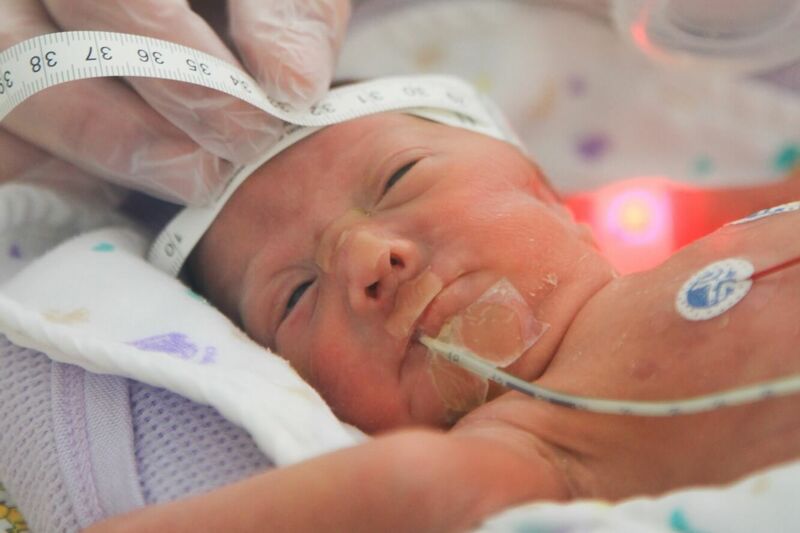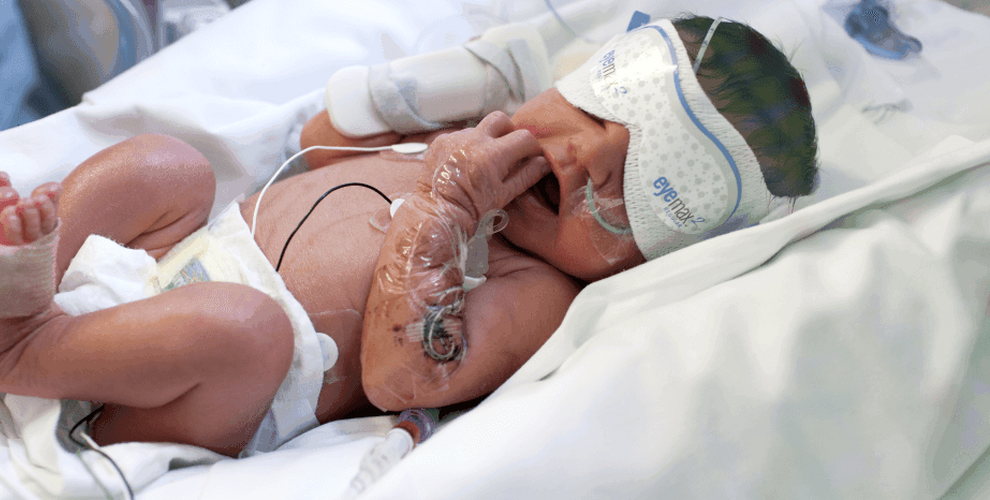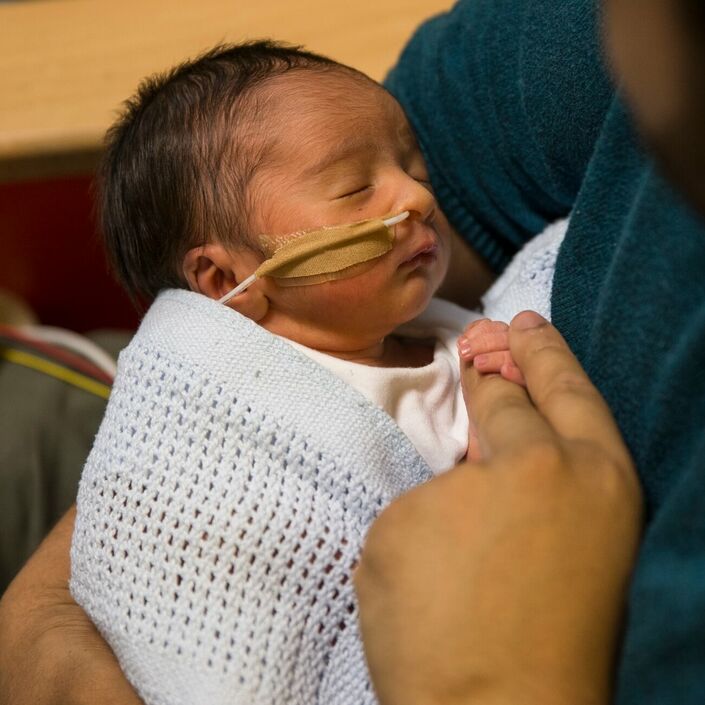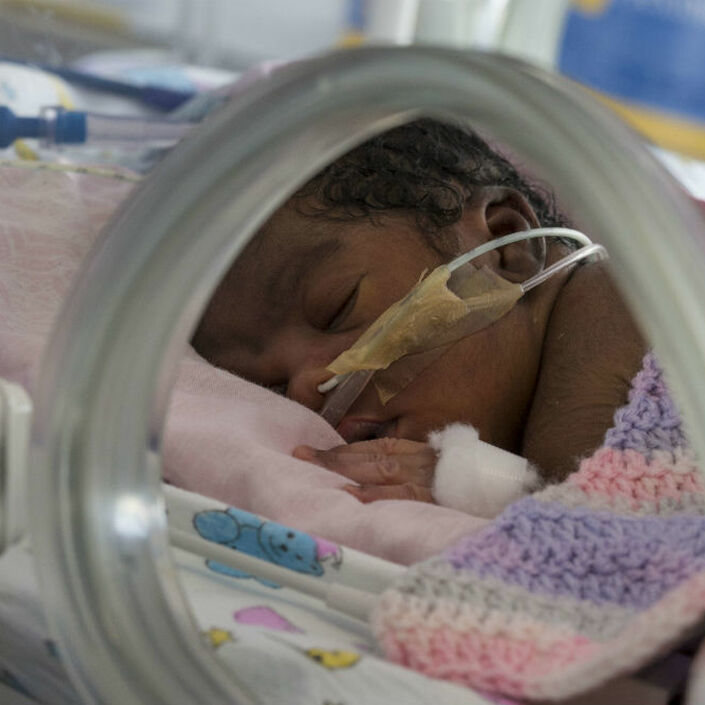Bliss is currently supporting £8.1 million of research which is responsible for significant improvements in the care and treatment of babies born premature or sick.
Our aim is to make the biggest difference to the lives of babies by carefully identifying and funding research projects and collaborating with others to support large-scale projects.
We believe having parents involved in research projects, at the planning stages and throughout, is essential to ensure babies’ interests are always at the heart of neonatal research. Bliss works with academics and researchers to support parental involvement in research, and we make sure our information reflects the latest research and evidence.



